Some games build their tension by taking away your ability to swing a weapon, which makes every shadow feel heavier and every sound a little louder. These experiences lean on stealth, evasion, and smart use of the environment to keep you alive. You watch patterns, manage resources, and pick your moments to move because direct confrontation is not an option. Here are twenty standout titles where survival means thinking fast and staying unseen.
Outlast
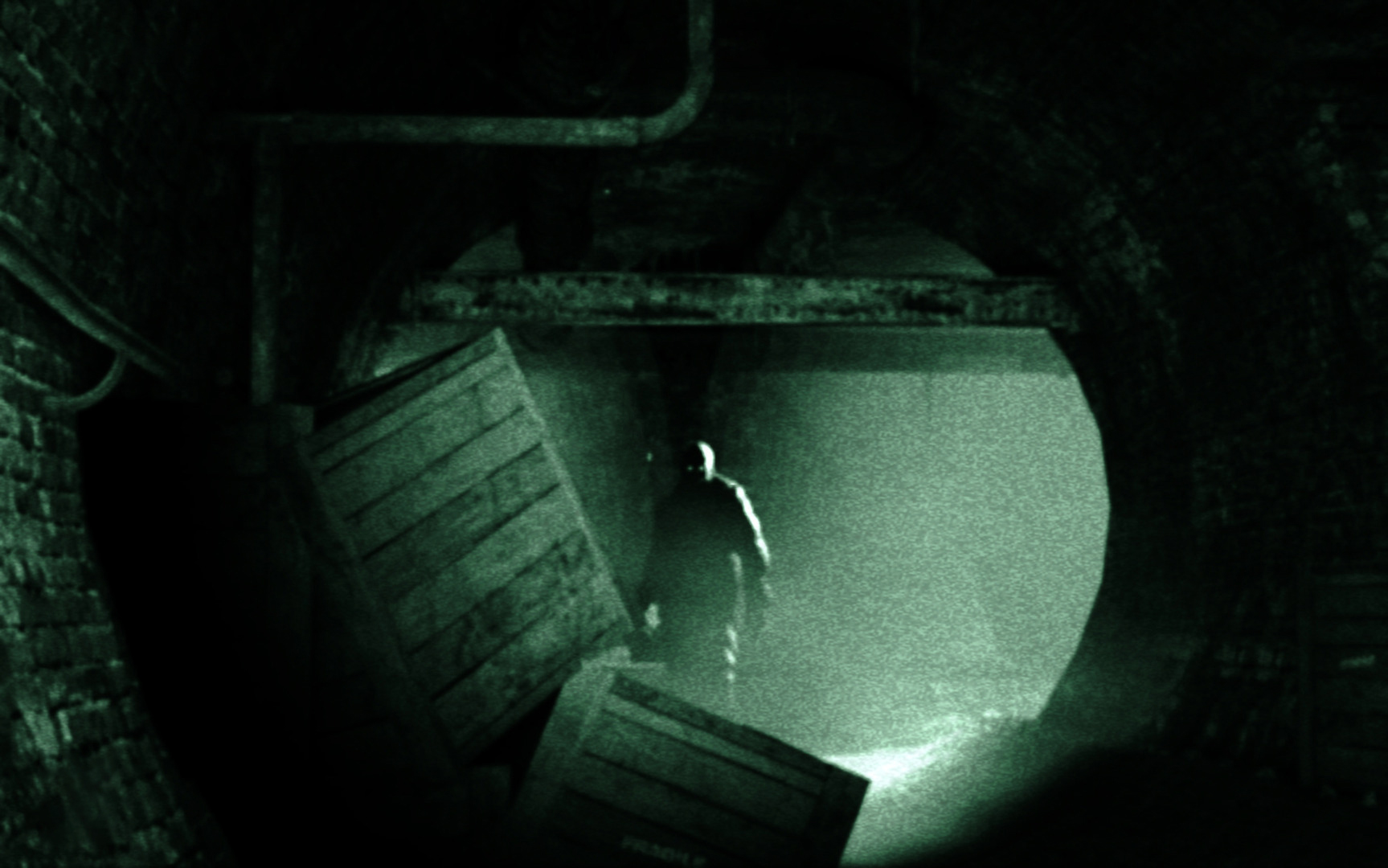 Red Barrels
Red BarrelsYou play as a reporter trapped in a remote asylum with nothing but a camcorder. The night vision drains batteries, so you must scavenge calmly while keeping an eye on power. Enemies patrol set routes and react to sound, which pushes you to hide in lockers and under beds. Escapes rely on sprinting, sliding through gaps, and closing doors to buy a few precious seconds.
Amnesia The Dark Descent
 Frictional Games
Frictional GamesLight is both friend and risk as darkness affects your sanity and loud actions attract threats. You cannot harm the creatures that stalk the halls, so hiding behind objects and slipping through side passages is essential. Puzzles gate progress and often force you to explore risky wings of the castle. Oil and tinderboxes are limited, which turns simple navigation into careful planning.
SOMA
 Frictional Games
Frictional GamesThis underwater facility is filled with hostile entities that respond to noise and sight. You navigate by crouching, peeking around corners, and avoiding direct lines of sight. Story clues are tucked into terminals and audio logs that you check while listening for danger. Many encounters are designed to be escaped rather than solved through tools, which keeps the focus on tension and themes.
Penumbra Black Plague
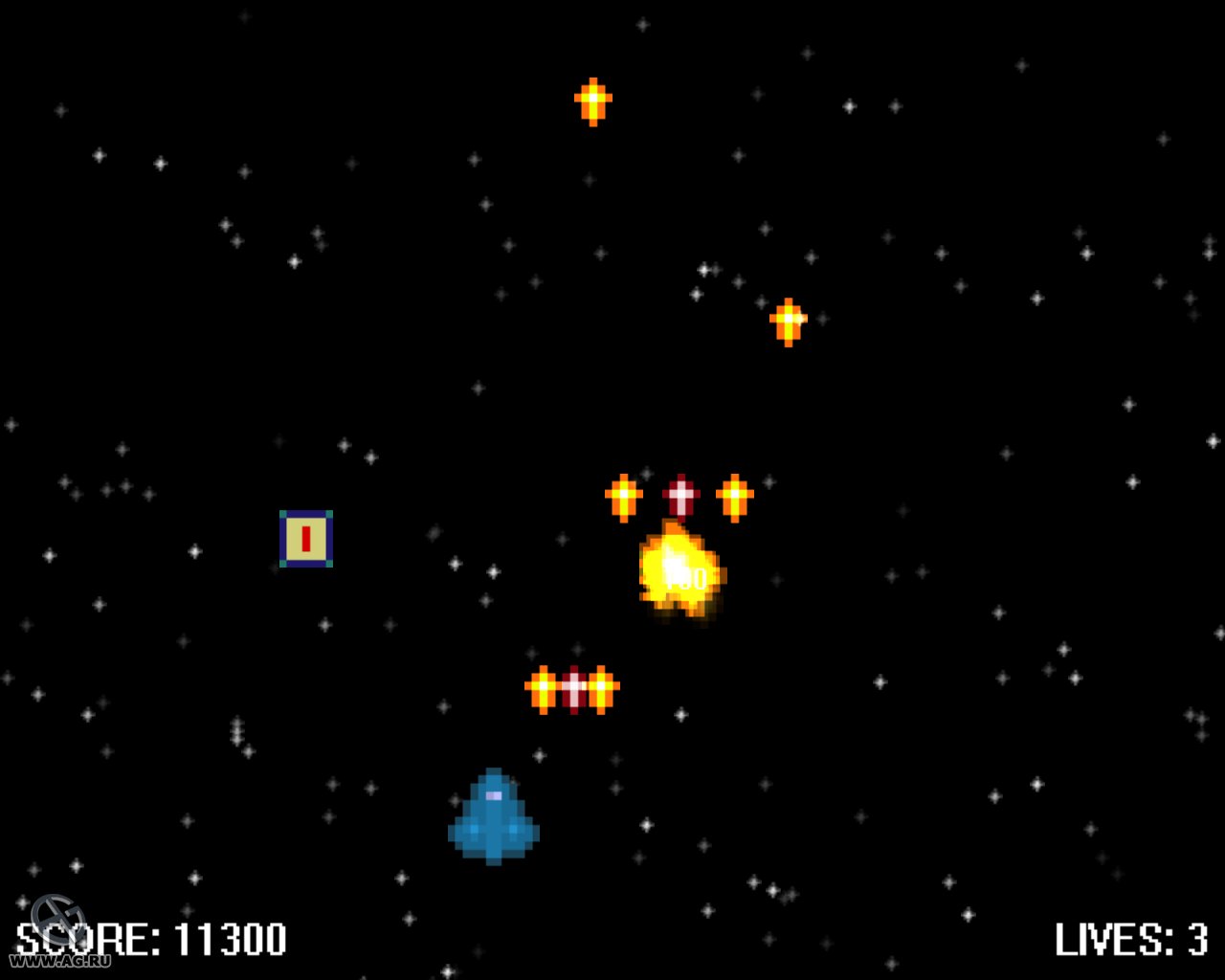 Paradox Interactive
Paradox InteractiveCombat is removed from this chapter, so stealth and physics puzzles carry the experience. You move quietly, throw objects to distract patrols, and wedge doors to delay pursuit. Inventory items help with puzzles rather than offense. Progress often means luring an enemy away, doubling back, and slipping through secured zones.
Slender The Eight Pages
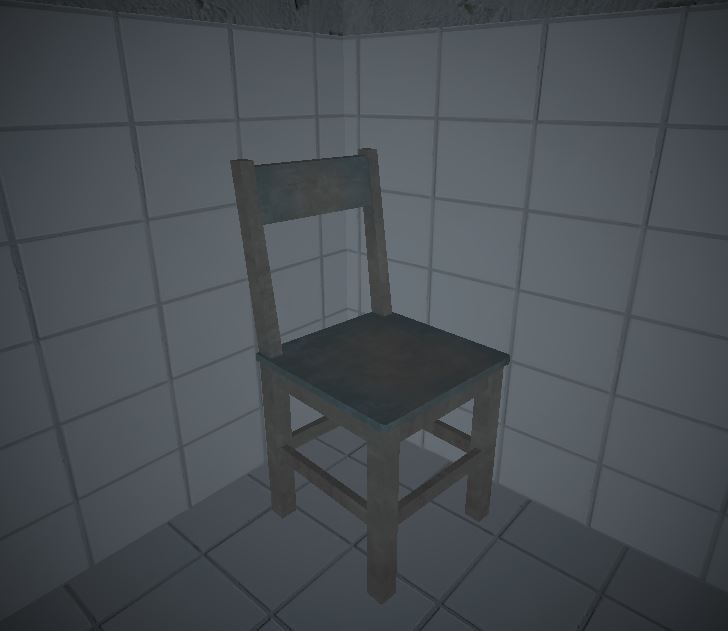 CodeCola
CodeColaYou explore a dark forest with only a flashlight and a simple goal to collect pages. Staring at the antagonist increases danger, so you must keep moving and avoid direct sight. Battery management and route choice determine how long you last. The minimal interface makes audio cues and visual static your only warning.
Five Nights at Freddy’s
 Scott Cawthon
Scott CawthonYou sit in a security office and monitor cameras to track roaming animatronics. Doors and lights use limited power, which forces tough choices as the night wears on. Learning movement patterns and audio tells is critical to survival. There is no escape route, so success depends on timing and resource discipline.
SCP Containment Breach
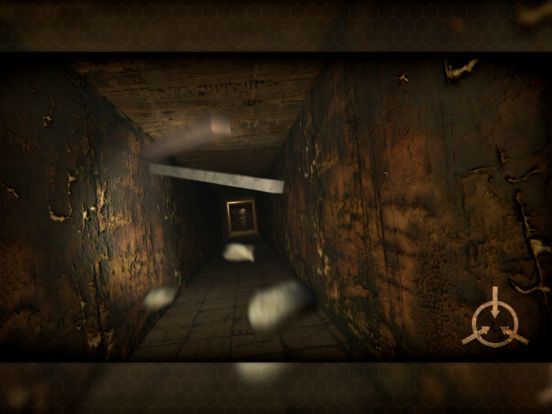 Ruslan Visaitov
Ruslan VisaitovYou navigate a research site during a catastrophic breach where each monster follows unique rules. Blinking is a tracked mechanic for one threat, while others react to sound or line of sight. Keycards, codes, and layout knowledge are more powerful than any weapon. Randomized rooms keep each run unpredictable.
Layers of Fear
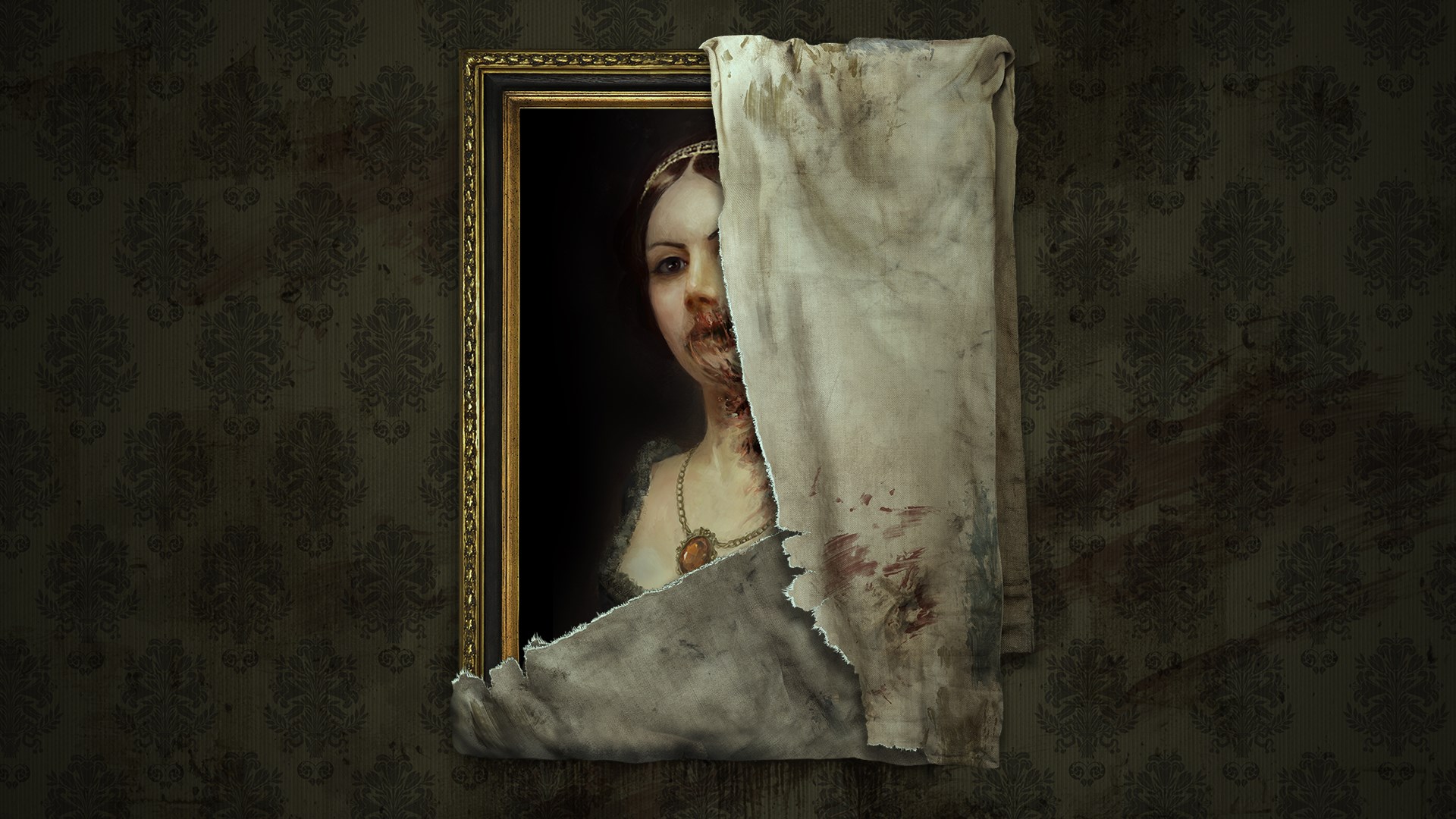 Aspyr
AspyrYou wander a shifting mansion as the environment rearranges itself behind your back. There are no combat tools, only clues and art pieces to collect. Progress comes from reading notes and solving light environmental puzzles. The fear comes from perception tricks and sudden space changes rather than direct attacks.
PT
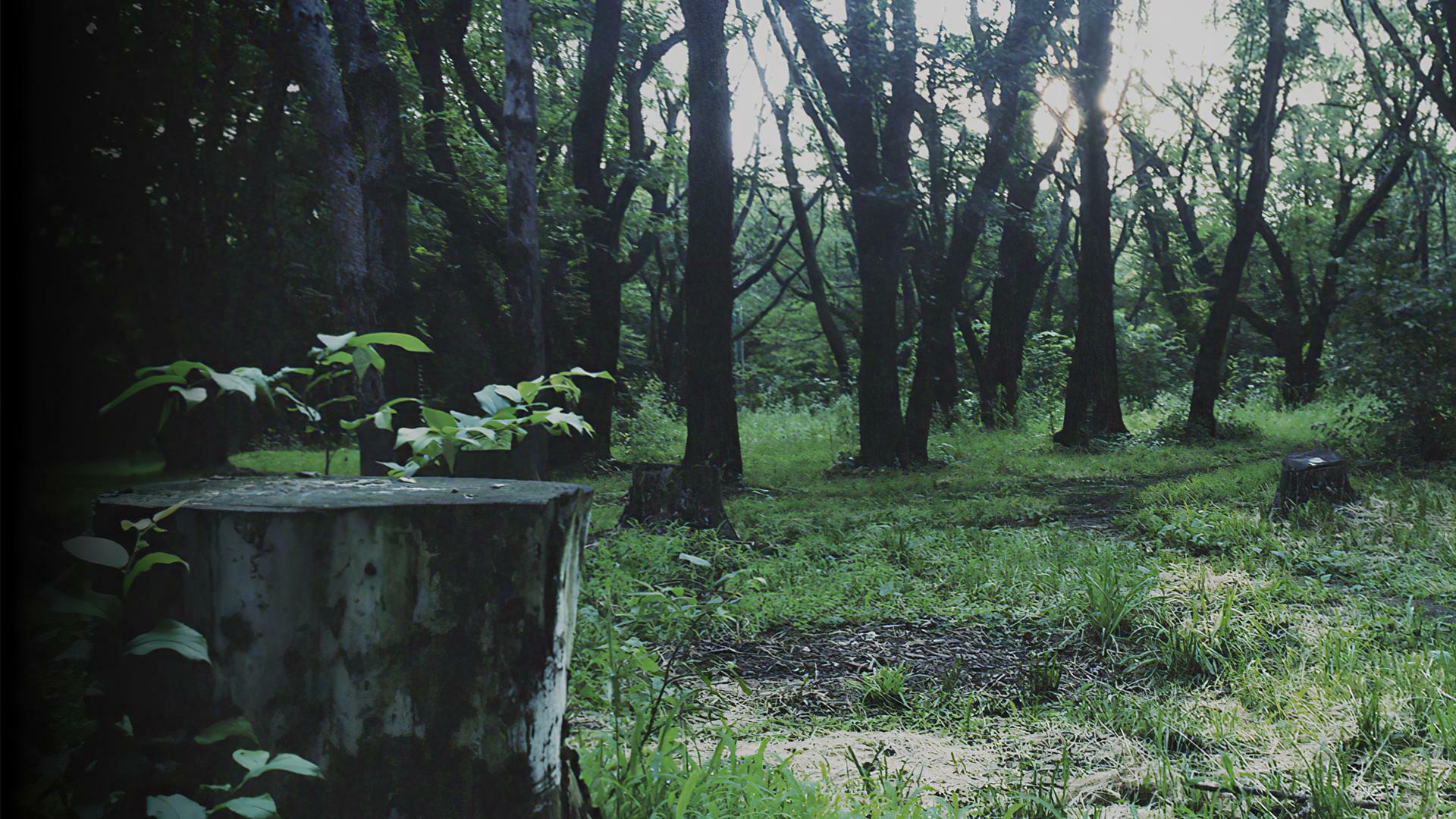 Konami
KonamiThis looping hallway hides subtle changes that signal progress and danger. You interact with simple objects and pay attention to sounds and whispers. Solutions require observation and small actions at precise moments. The lack of combat turns every step into a test of nerve.
Visage
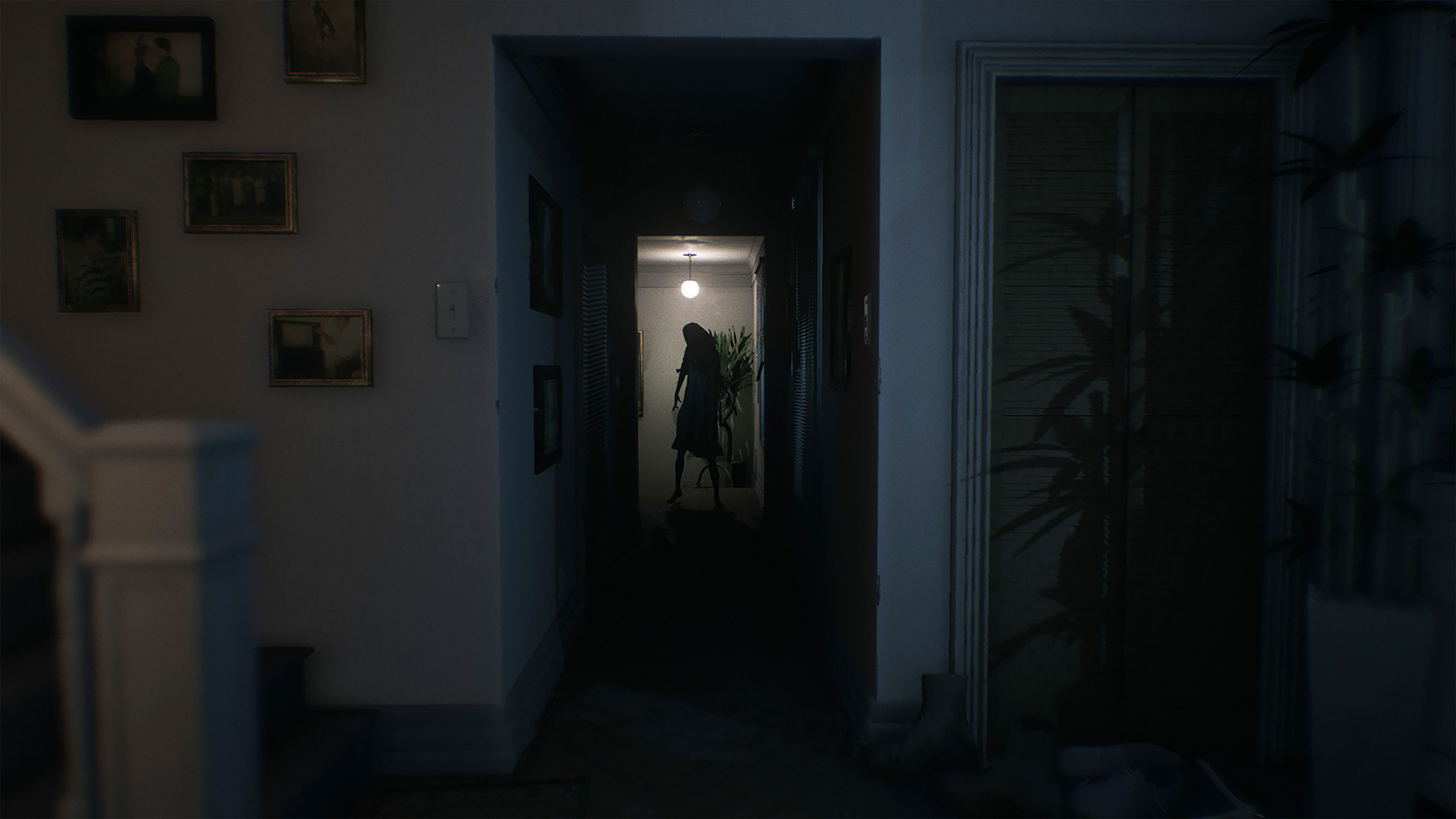 SadSquare Studio
SadSquare StudioExploration takes place in a detailed house with systems that track sanity and light exposure. You gather keys, fuses, and photographs while managing limited light sources. Each chapter features a distinct haunting with different behaviors. Hiding spots and slow movement are your main defenses.
The Mortuary Assistant
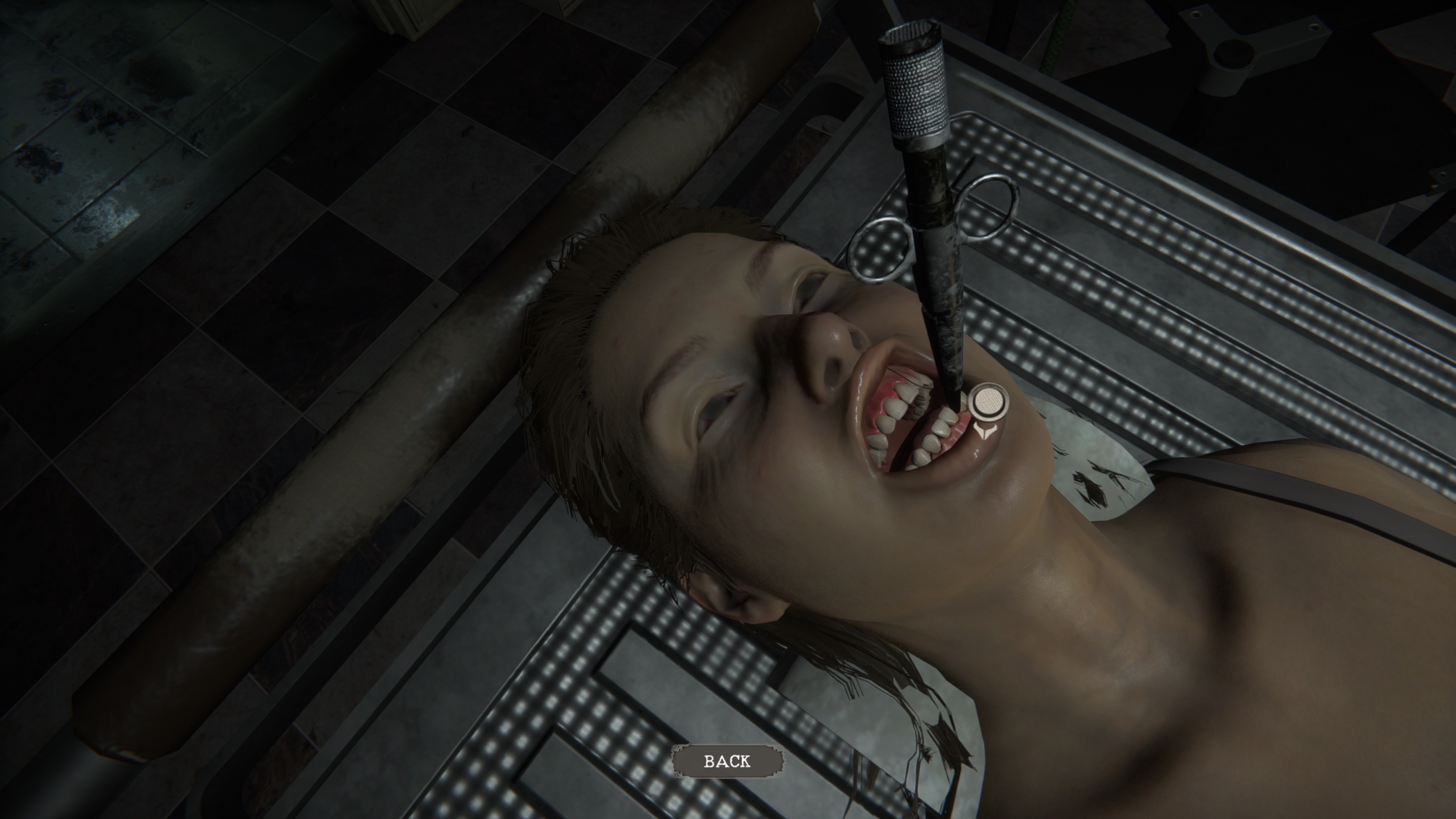 DreadXP
DreadXPYour tasks involve embalming procedures under time pressure while supernatural events escalate. Tools are used for medical steps and identifying marks, not for fighting. You piece together clues to determine which entity is present. Correct rituals resolve the night, but mistakes lead to failure.
Detention
 Coconut Island Games
Coconut Island GamesSet in a school under martial law, the game mixes folklore with environmental hazards. You avoid spirits by observing movement patterns and using incense and breathing mechanics. Puzzles involve symbolic items and cultural references. The story unfolds through notes, posters, and classroom spaces that you search carefully.
Among the Sleep
 Krillbite Studio
Krillbite StudioYou explore from a toddler’s perspective, which changes scale and height for every obstacle. Hiding under furniture and crawling into tight spaces are key survival tactics. Threats are avoided through quiet movement and path planning. Items serve to unlock routes and calm fears rather than provide force.
Iron Lung
 David Szymanski
David SzymanskiYou pilot a tiny submarine through a blood red ocean with a map and a low resolution camera. Navigation relies on coordinates and short photo scans that reveal shapes and warnings. The hull creaks and alarms demand quick adjustments. There is no way to fight, only to steer and survive.
Inside
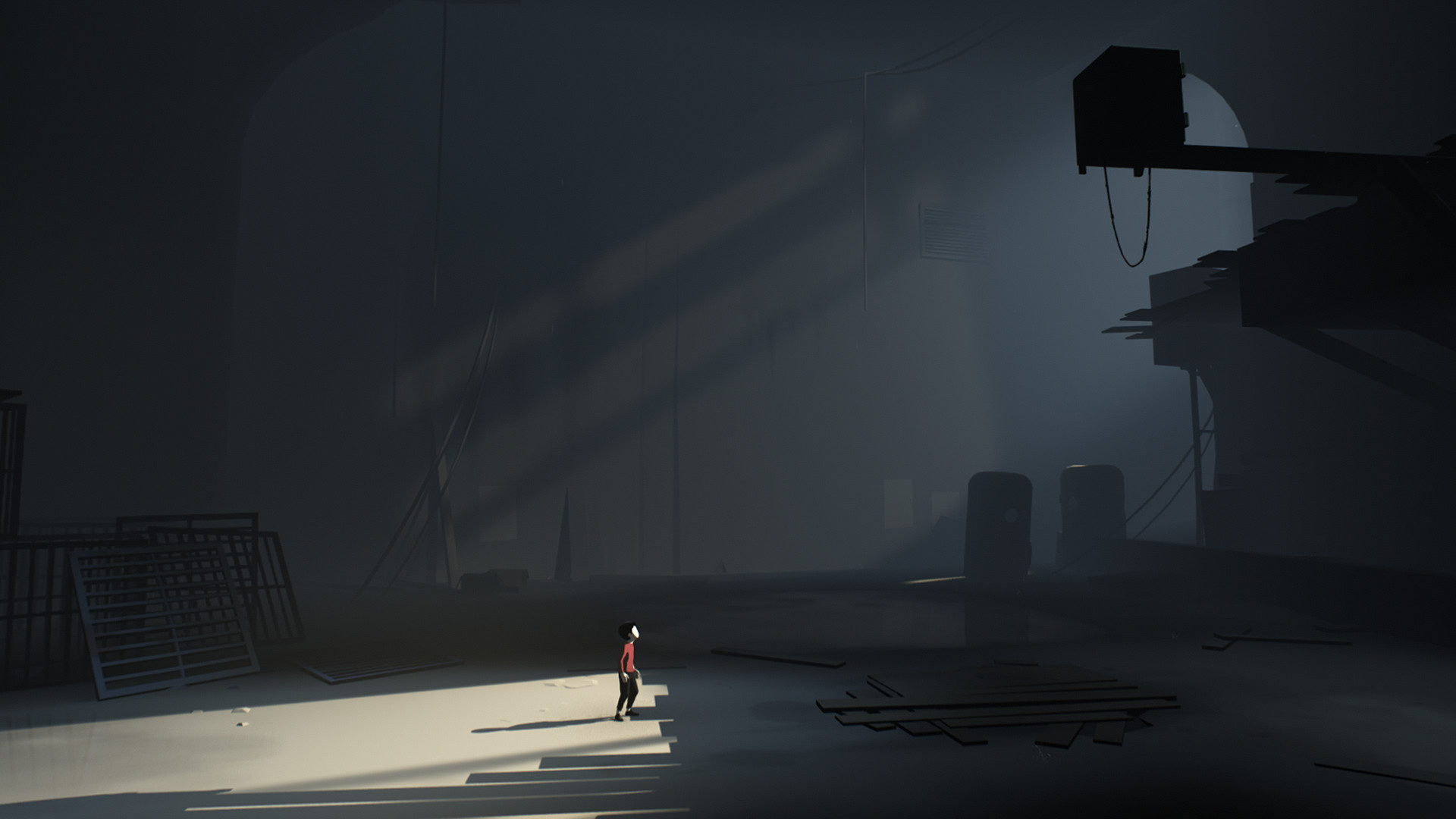 Playdead
PlaydeadThis side scrolling journey focuses on timing, cover, and puzzle solving. You lure dogs, throw switches, and use contraptions to pass guards without direct conflict. The boy cannot attack, so you rely on misdirection and precise movement. Environmental storytelling guides you through increasingly complex set pieces.
Limbo
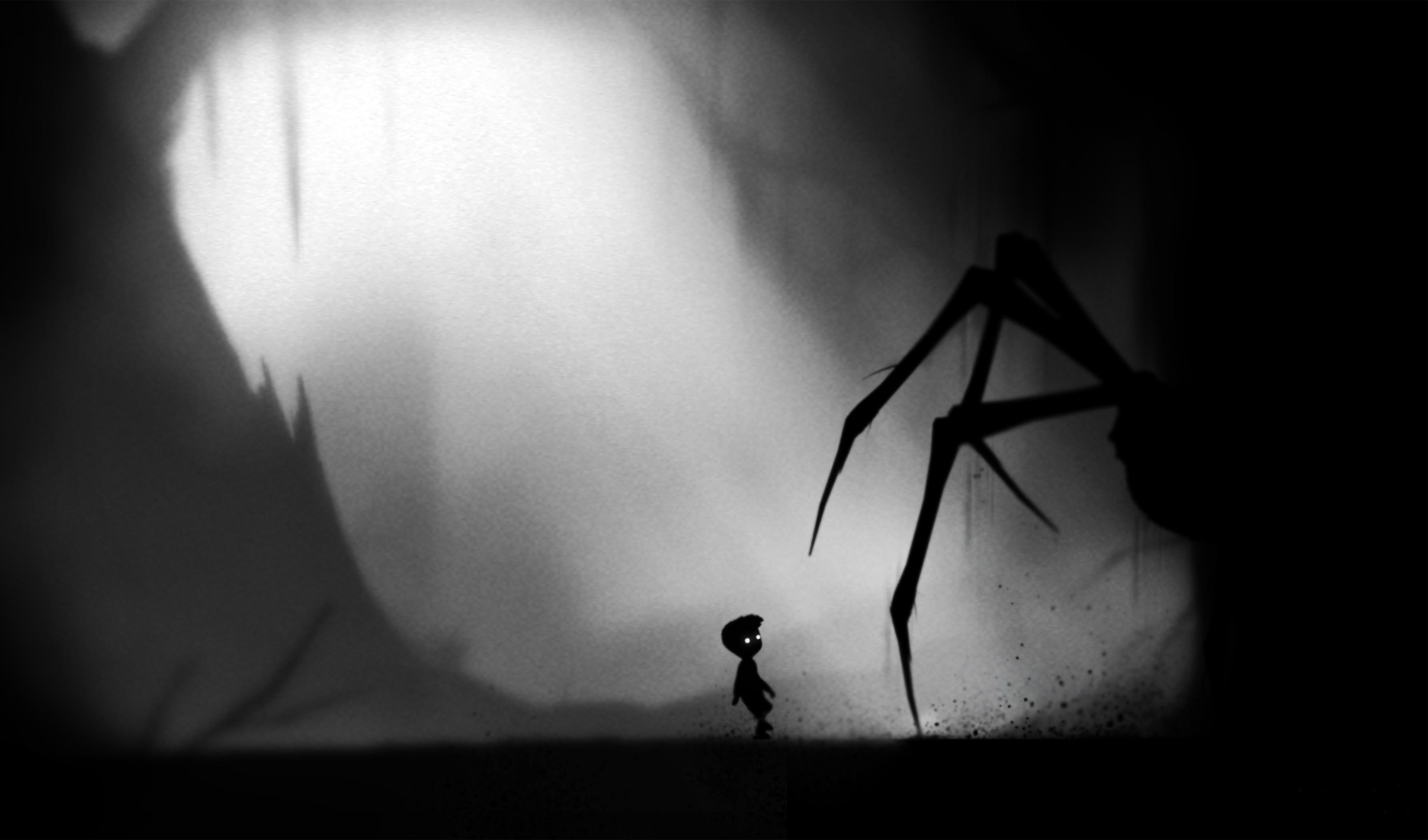 Microsoft Studios
Microsoft StudiosYou guide a child through traps and hostile creatures using physics and timing. Enemies are outsmarted with bait, momentum, and environmental triggers. The world gives hints through animation and sound, not combat prompts. Death teaches patterns that you use to move forward safely.
Journey
 Sony Computer Entertainment
Sony Computer EntertainmentMovement and exploration are central as you glide across dunes and ancient ruins. Communication is nonverbal and cooperative play offers light assistance. Hazards are avoided by reading wind, terrain, and patrol paths. Progress depends on finding runes and cloth creatures that extend your movement.
Firewatch
 Panic
PanicThis narrative adventure centers on patrols, radio conversations, and wilderness navigation. You follow trails, climb ropes, and unlock new paths with tools like an axe and a map. Suspense comes from isolation and mystery rather than enemy encounters. Clues are found in supply caches and notes that piece together events.
Oxenfree
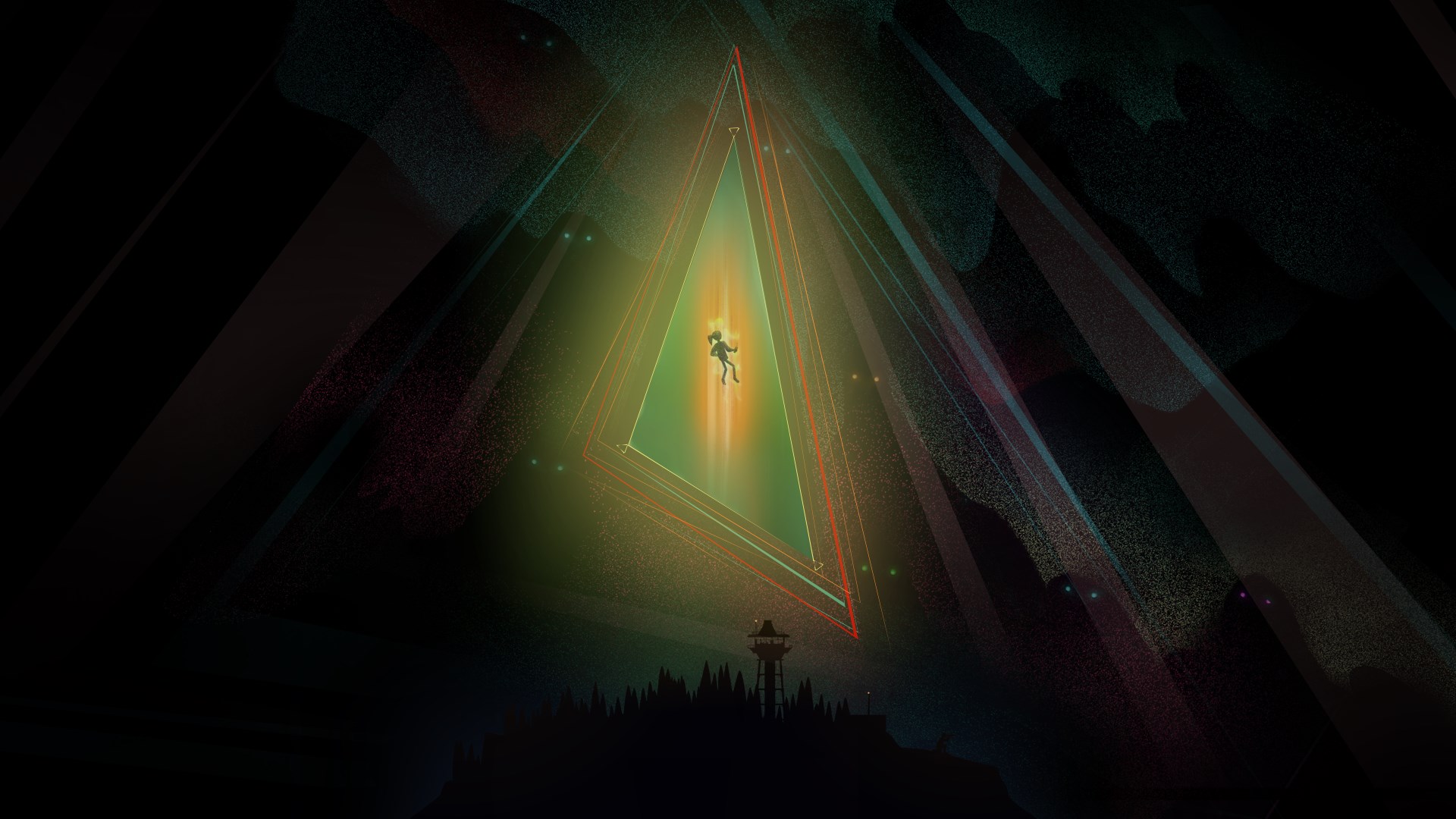 Night School Studio
Night School StudioRadio tuning and dialogue choices drive both puzzles and tension on an isolated island. Supernatural events distort time and space, which you navigate by listening and adjusting frequencies. There is no physical confrontation, only choices and exploration. Notes and collectibles reveal backstory and help with endings.
Return of the Obra Dinn
 3909
3909You investigate a derelict ship using a timepiece that reveals final moments of each crew member. The challenge is deduction and record keeping rather than action. You study accents, roles, and visual clues to name every person and fate. The entire experience is a logic puzzle with zero combat.
Share your favorite no combat experience in the comments and tell us which one kept you most on edge.

.jpeg)



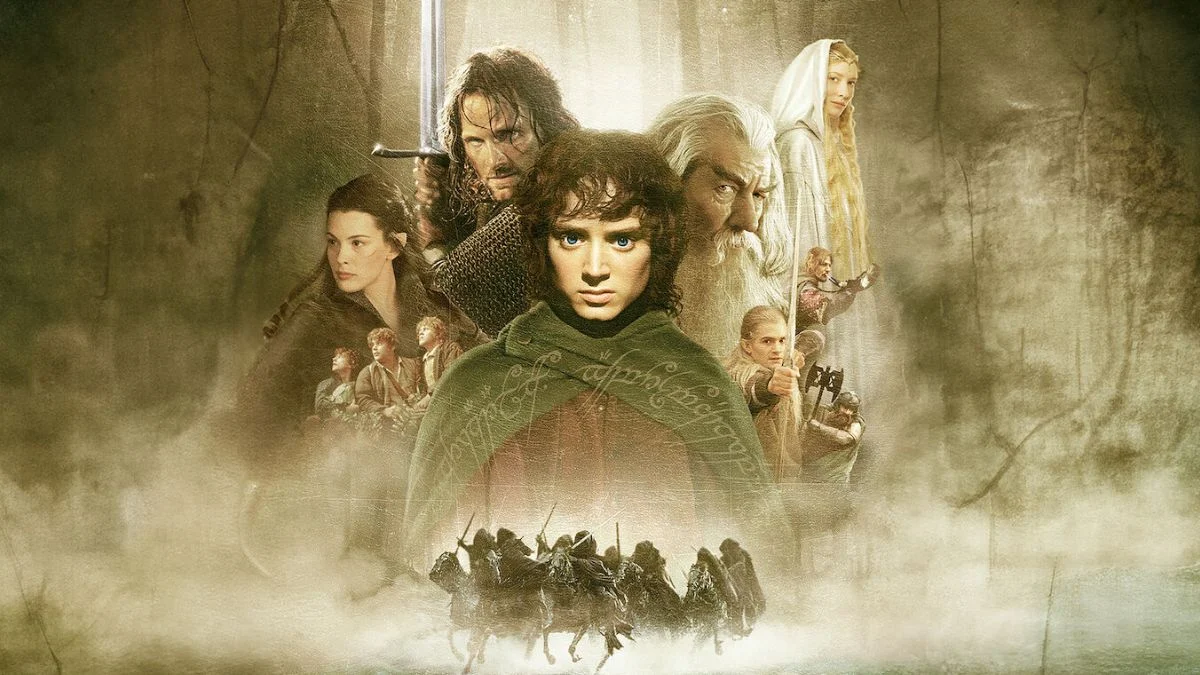





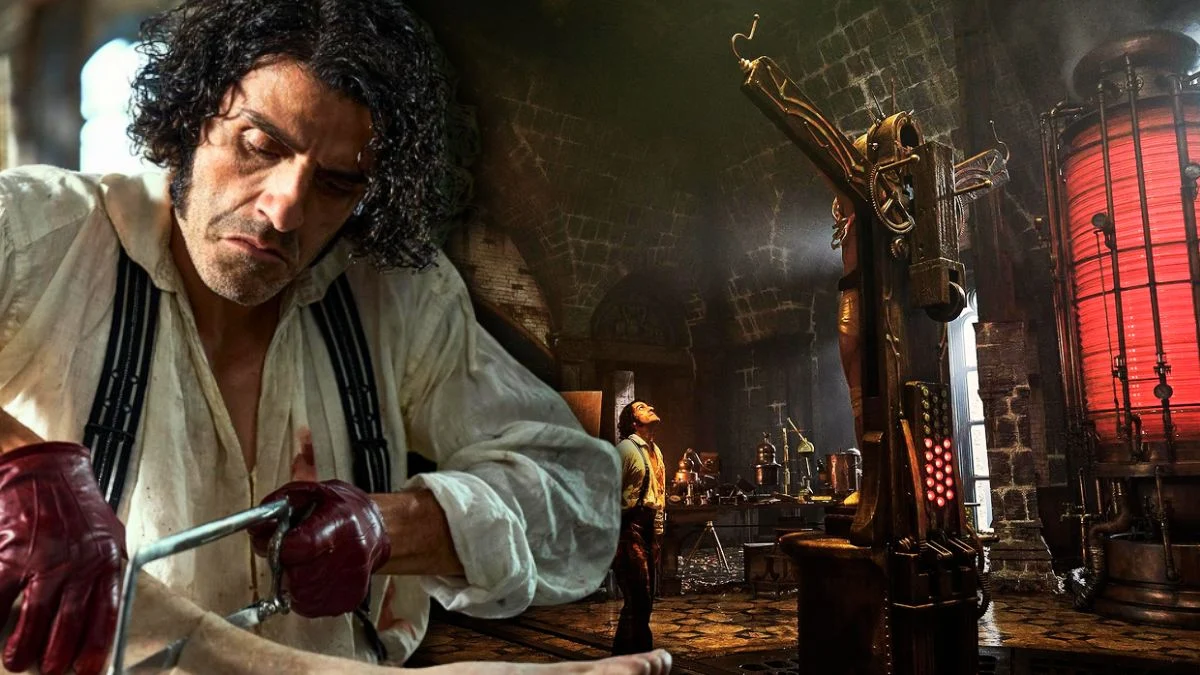













.jpeg)














 English (US) ·
English (US) ·